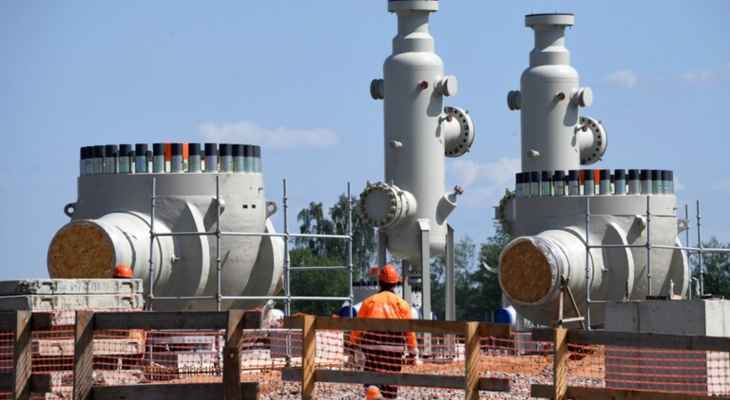European Commissioner for Energy Kadri Simsun said that “12 EU countries have been completely or partially left without Russian gas,” adding that “the crisis has worsened since the beginning of last autumn, but Russia’s behavior has worsened in recent weeks.” situations.” The risks are high.”
In a press statement, she explained that “the crisis plan of the European Union, which was prepared at the beginning of the year, can be useful at any moment, and member states must be ready to implement their plans”, noting that “the European Union last week reached agreements to increase supplies. Gas relations with Israel and Egypt, strengthening of cooperation with Norway, direct negotiations with Azerbaijan are in the final stage.
Simson testified that “great differences among energy ministers are caused by issues related to the operation of the electricity market, as well as the expansion of activities in the field of nuclear energy”, pointing out that “the Commission cannot decide on this issue, and that the choice of energy sources in accordance with core European treaties is the right of sovereignty of the member states.
At the end of May, Russian gas supplies to Poland, Bulgaria, Finland and the Netherlands stopped due to their refusal to accept the new settlement system proposed by Moscow. Kremlin spokesman Dmitry Peskov said on May 9 that countries that refused to pay for Russian gas under the new rules had already cut off gas supplies to them.
On June 14, Gazprom announced that it was forced to cut gas supplies through the Nord Stream gas pipelines for technical reasons.
Source: El Nashra
